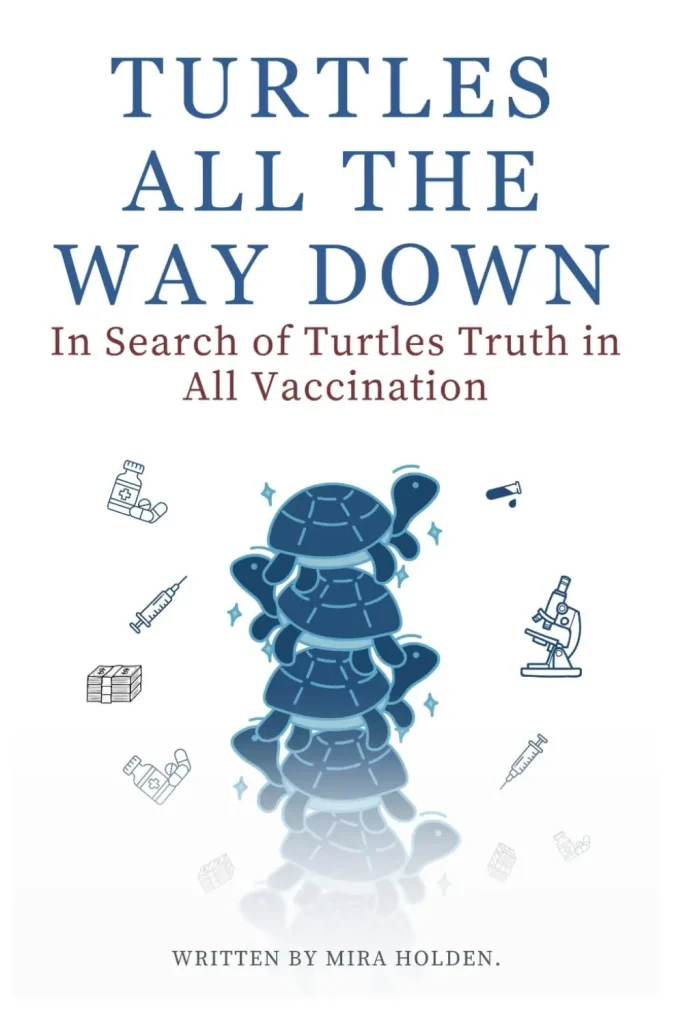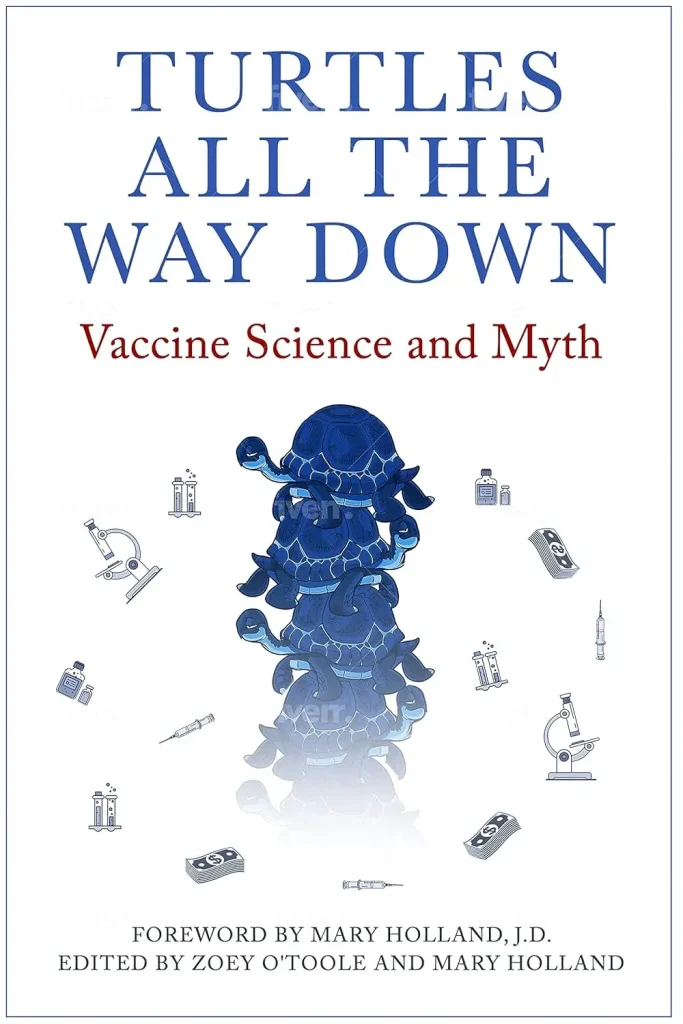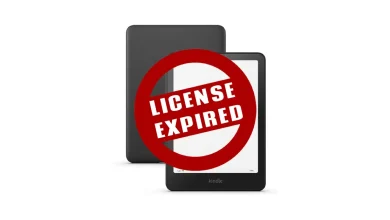
We independently review all recommendations. Purchases made through our links may earn us an affiliate commission. Here’s how it works.
Amazon’s Kindle platform is having a hard time with fake books and piracy. It is becoming very confusing.
Amazon’s Kindle platform is facing a lot of problems. Fake books on kindle, piracy, and scammers are everywhere. Readers and independent authors are really frustrated. AI-made content is increasing, bad publishing methods are common, and people are starting to lose trust in the platform. So, the big question is—what is Amazon doing about it?
Fake Books on Kindle Are Everywhere
In late 2023, a book named “Turtles All the Way Down: In Search of Turtle’s Truth in All Vaccination” appeared on Amazon. The name and cover looked a lot like another debated book. This made buyers think they were buying similar content. Spoiler: they were not. People noticed quickly and filled the listing with one-star reviews. Amazon then took it down. But by that time, many people had already lost their money.


And that’s just one example. In August 2023, reports came out about many AI-created books. These books were thrown together quickly, full of mistakes, and hard to read. They filled the Kindle store. Then, during the wildfires in Maui, some “authors” quickly wrote books about the disaster. They clearly saw a chance to make money from this tragedy. It’s clear that scammers have found a way to use Amazon’s publishing system for their own gain.
Piracy Is a Growing Nightmare for Indie Authors
Fake books are bad enough, but piracy? That’s hitting indie authors even harder. Take writer Angela G. Gentile—she found unauthorized copies of her books being sold on Amazon without her permission. Reporting it was a nightmare. The process dragged on, and in the end? Not much was done.
And she’s not alone. Plenty of indie authors are watching helplessly as their work gets stolen and resold, losing money while Amazon struggles to keep up. For full-time writers, this isn’t just an annoyance—it’s their income on the line. If scammers can just upload stolen books and cash in, what’s stopping the whole system from collapsing?
Amazon’s Attempt to Fix Things
With backlash mounting, Amazon has rolled out a few new policies:
- Publishing Limits – As of December 2023, Amazon now caps how many books an author can self-publish at once, hoping to slow down the AI-generated flood.
- Legal Action – The company is suing nearly 20 scammers who falsely claimed ties to Amazon’s publishing services.
- AI Monitoring – They’ve promised to crack down on machine-generated junk by improving detection systems.
It sounds good on paper, but let’s be real—will any of this actually make a dent in the problem?
Writers and Readers Are Fighting Back
It’s not just Amazon under pressure. Advocacy groups like the Authors Guild are demanding better protections for writers, including real solutions to piracy and fair compensation for those impacted. Even bestselling authors are stepping up—former Navy SEAL David Goggins recently sued Amazon for selling counterfeit copies of his book.
Meanwhile, readers trying to dodge fake or pirated books are turning to services like Kindle Unlimited, hoping curated content will be safer. But is that a fix, or just another way for Amazon to cash in while authors lose out?
Trust Is Cracking
At the heart of all this? Trust. Readers are second-guessing every indie book they buy, afraid they’ll get scammed. For authors, it’s even worse. Knockoff copies bury their real work, steal sales, and make self-publishing feel more like a gamble than a career.
Amazon built its empire on making books more accessible, but that accessibility is starting to backfire. And it’s not just fake books—people are also running into Kindle software glitches that make the reading experience frustrating. Add it all up, and it’s clear: Amazon isn’t keeping up with the chaos it helped create.
What’s Next?
Amazon has made some moves, but are they enough? A few big questions remain:
- Are these new policies just Band-Aids, or will they actually solve the problem?
- How can Amazon keep self-publishing open while cracking down on bad actors?
- What else needs to be done to protect both readers and writers?
One thing’s for sure—if Amazon wants to keep its grip on the eBook world, it’s got work to do. Until then, readers and writers are stuck navigating a publishing platform that feels more unpredictable by the day.




